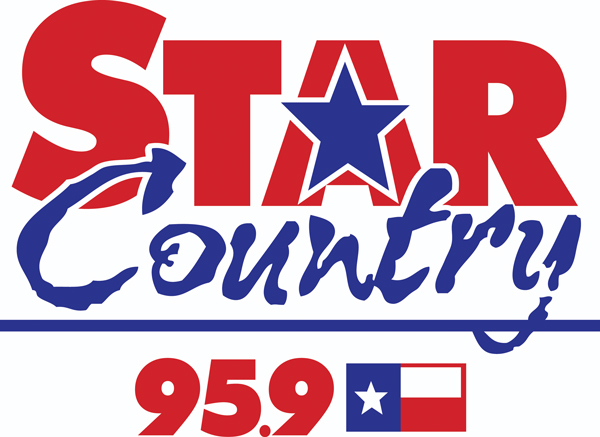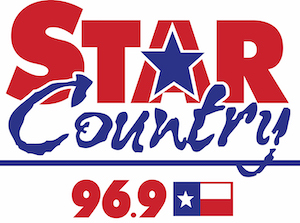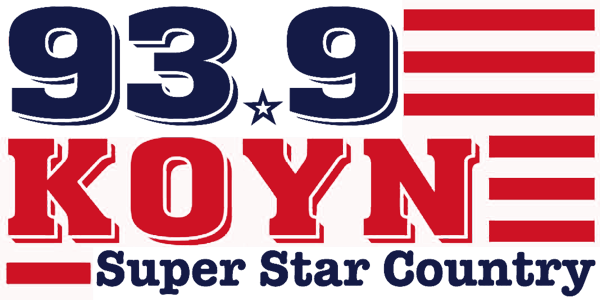
AUSTIN, Texas – Stopping the fraudulent production and use of temporary tags is a priority of the Texas Department of Motor Vehicles (TxDMV). During a specially called meeting on the issue Thursday, the TxDMV Board took decisive action to stop the fraudulent production and use of temporary tags. They establish limits on the number of paper tags available to dealers and deny bad actors access to the temporary tag database as soon as officials identify fraudulent activity. These actions will have an immediate effect once filed with the Texas Register. In addition, TxDMV will begin using the new authority to deny bad actors access to the temporary tag system immediately.
The Board actions implement House Bill 3927, enacted by the Texas Legislature. The bill provides the legal authorization for TxDMV to take swifter action when officials identify fraud and reduce the potential number of tags at risk for illegal use. These tools will reduce the ability of criminals to print unlimited numbers of temporary tags for illicit purposes while ensuring legitimate dealers retain full access to paper tags needed to support vehicle sales.
“We greatly appreciate the participation and input of the public and representatives of the motor vehicle industry in Texas as the department works to support our law enforcement partners throughout the state in reducing the illegal use of temporary tags,” said TxDMV Chairman Charles Bacarisse.
The board adopted these processes as revisions to TxDMV administrative rules, following a period of public comment, input from the Motor Vehicle Industry Regulation Advisory Committee, and review by the Regulatory Compliance Division of the Office of the Governor.
The board also directed TxDMV staff to continue pursuing ways to identify individuals attempting to obtain a dealer license fraudulently. In the coming weeks, staff will review the department’s ability to institute processes to use fingerprinting and enhanced site visits during the license approval process and identify the rules and resources necessary to operationalize the measures. In addition, the agency will review ways to implement these and other activities that promote compliance with licensure requirements and the legitimate use of temporary tags without unduly burdening commerce and industry throughout the state.








 EastTexasRadio.com Powered by Ten Stations
EastTexasRadio.com Powered by Ten Stations




